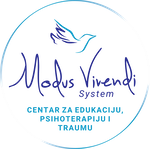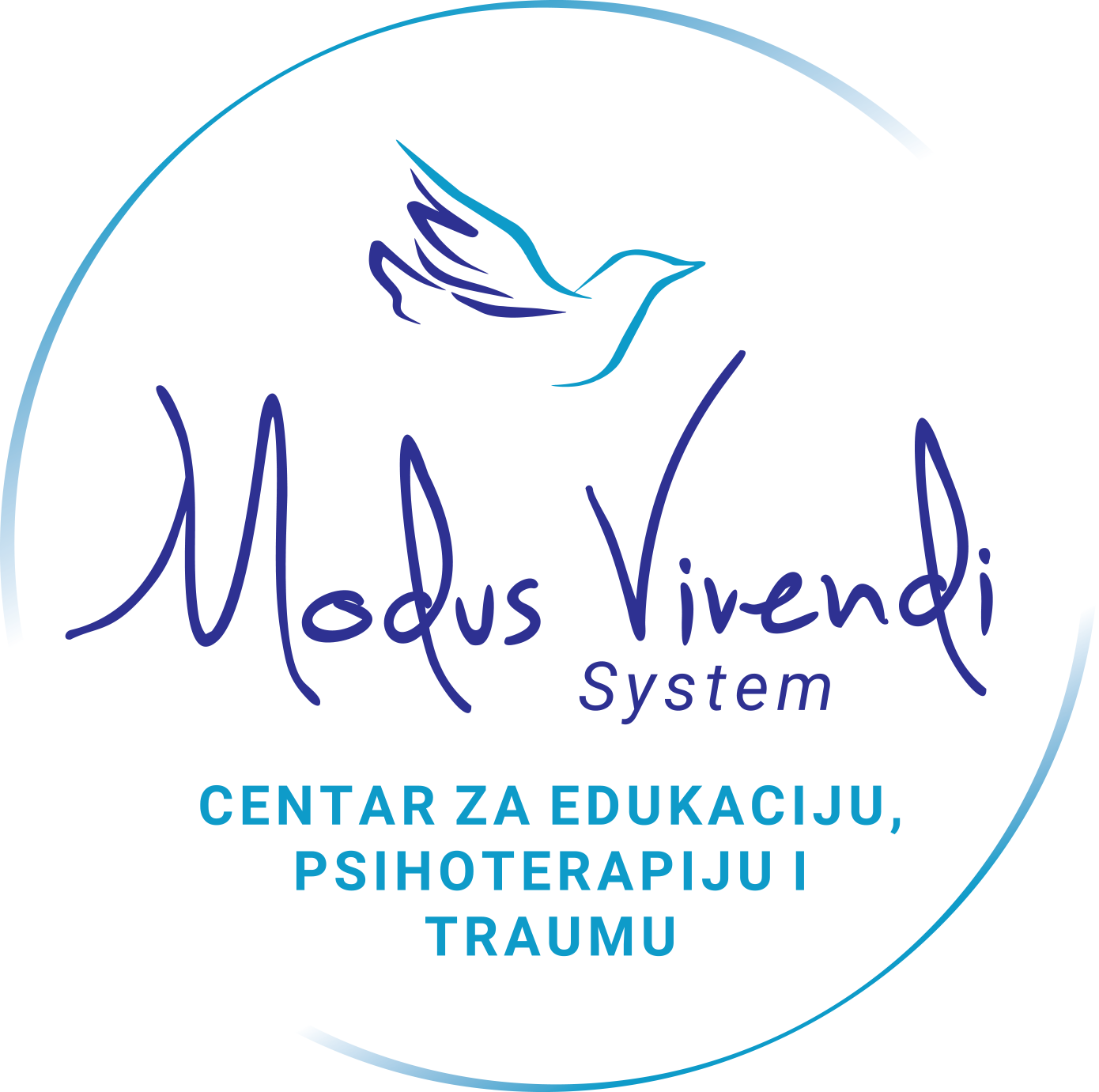PRIČAJMO O LJUBAVI Asocijativne karte za ljubavne odnose / LET’S TALK ABOUT LOVE – Associative cards for love relationships
Koja je cetralna tema psihoterapijskih seasni, ili još šire: tema ljudskih dijaloga? Iz mog psihoterapijskog iskustva centralna tema su međuljudski odnosi, posebno ljubavni. Na kraju, ljubavni odnosi odnosi određuju i način na koji posmatramo sebe.
English Version of a text HERE.
Baveći se, od početka studija pedagogije, dakle nekih dvadeset godina – načinima i prirodom ljudskog povezivanja, u potpunosti sam prihvatila teoriju atačmenta Džona Bolbija (John Bowlby). Prema toj teroriji, naše ponašanje u ljubavi u velikoj meri određuju naši roditelji, koji na nas vaspitno deluju, a sa kojima provodimo dugačak period života, sve do odraslog doba. Ljubav se, dakle, uči. Siguran način povezivanja se uči, kao i nesigurni načini – upravo kroz naše porodične odnose sa roditeljima i braćom i sestrama. Skloni smo da kasnije „ljubav“ prepoznamo upravo u onim odnosima koji liče na odnose iz našeg detinjstva i rane mladosti. Međutim, i u odraslom dobu, mi smo sposobni da učimo i da se menjamo u ljubavi do kraja života. Kao ljudi, imamo kapacitet da menjamo naše nesigurne stilove povezivanja u sigurne. Imamo kapacitet da svoje veze menjamo i oplemenjujemo. Značajan način promene je psihoterapija, koučing, savetovanje, radionice.
Pre godinu dana kreirala sam online kurs, master klas „Kako da nađete i zadržite ljubav“ u saradnji sa Adria Master – om (adriamaster.com), na kome sam pokušala da prenesem sve što sam znala o ljubavi širokom auditorijumu, dakle sve ono što sam stekla kroz dugogodišnje pedagoško, psihoterapijsko i lično iskustvo.
Pripremajući taj kurs, otkrila sam da mi nedostaju karte koje bi upečatljivije prenele moja saznanja o ljubavi, te sam ih nepravila kombinacijom fotografija, ilustracija i teksta. Te edukativne karte počela sam da koristim i u psihoterapiji, i klijenti, bilo da su u pitanju parovi ili pojedinci – vrlo lepo su reagovali na njih i one su im pomogle da se više otvore i razumeju sebe i svoje ljubavne odnose.
Istovremeno, ulazeći sve dublje u svet asocijativnih psihoterapijskih karti, i koristeći ih u svojoj psihoterapijskoj praksi, u meni se rodila ideja da napravim jedinstven psihoterapijski alat – asocijativne karte za ljubavne odnose, sa kojima bi klijenti mogli da se povežu, i koje bi im pomogle da otvore priču o svojim ljubavnim odnosima.
Karte „Pričajmo o ljubavi“ namenje su za psihoterapijski rad i mogu je koristiti psihoterapeuti svih modaliteta, a posebno su korisne u radu sa parovima (sistemska partnerska terapija). Takođe, karte mogu koristiti koučevi, savetnici i drugi stručnjaci koji rade pomažući rad sa klijentima u vidu savetovanja i putem radionica.
Ukratko, osmislila sam špil od 50 karti kroz koje klijenti mogu da prepoznaju svoja:
- emotivna stanja,
- dinamiku u svojim ljubavnim vezama
- načine povezivanja
- zdrave strane ljubavnih odnosa
- toksične strane ljubavnih odnosa
- obrasce koji se ponavljaju u ljubavnim odnosima
- uloge koje zauzimaju u ljubavnom odnosu
- razvojni put i faze u vezi (vezama)
- socio-emotivne potrebe
- dileme u odnosu
- teškoće u odnosu
- traumu (traume) kroz koje su prošli ili prolaze
- ideje o budućnosti svojih veza
Kako bi postigla veću inkluzivnost i obuhvatila što širu populaciju ljudi, za glavne protagoniste karti izabrala sam lik lisice i lisca sa kojim se svaka osoba ili svaki par može poistovetiti.
Ilustrator Kosta Milovanović, sa kojim sam već imala sjajnu saradnju, paru lisica je udahnuo život, emociju, pokret i dinamiku. Zašto baš lisice? Bila sam inspirisana likom lisice iz Egziperijevog „Malog princa“ jer ona na neki način simbolizuje razvoj sigurnog načina povezivanja kroz odnos dva lika.
Ljubavni odnos sistemski porodični terapeuti vide kao ples: dvoje je u odnosu i oni zajedno plešu. Dvoje odraslih je odgovorno za taj odnos. Kad jedno napravi jedan korak, sledi reakcija drugog, a na reakciju drugog opet odgovara prvi… Tu ideju Salvadora Minućina (Salvador Minuchin) sam imala neprestano u vidu, te ove karte omogućavaju da svaka osoba sagleda svoju poziciju u vezi i moć koju ona ima, i omogućava osobi da preuzme svoj deo odgovornosti za taj ljubavni odnos (ples).
Ni jedna karta, od njih 50 – nije po sebi pozitivna ili negativna – svaka ima spoznajuću i isceljujuću moć u psihoterapijskom procesu jer otvara priču o ljubavnim odnosima. Klijent, odnosno par joj daje narativ u skladu sa svojim iskustvom i perspektivom.
Ipak, prvih 33 karti karti ukazuje na odnose koji mogu biti izazovni li čak štetni za vezu ili za pojedinca, dok ostalih 17 karti otvaraju priču o socio-emotivnim potrebama para, korisnim načinima komunikacije, idejama kako se može osmisliti zajedničko vreme, kako komunikacija može da se poboljša, koje osobine partnera su u službi boljeg odnosa para, ideje o sigurnom načinu povezivanja.
Cilj kreiranja karata je da se klijenti ohrabre u procesu prihvatanja i prorade svojih ljubavnih iskustava, da se ohrabre da izvuku svoje „priče iz senke“ i da ispričaju drugačiju priču o sebi kao pojedincima ali i kao paru, te da im se pomogne da prepoznaju toksične kao i zdrave strane ljubavnih odnosa, i da razvijaju sigurniji i intimniji način povezivanja.
Ove karte obezbeđuju i terapeutima i klijentima bogato polje dijaloga o ljubavnim iskustvima.
Svaki špil je ispraćen štampanim uputstvom na srpskom i engleskom jeziku, što proces upoznavanja sa radom sa ovim asocijativnim kartama čini mnogo lakšim.
Srećno u radu s njima, i verujem da ćete otkriti samo svoje, kreativne načine upotrebe istih, a glavni vodič će vam biti klijenti!
Biljana Ćulafić
Kako kupiti?
Karte možete naručiti putem e-maila: psihoterapeutbiljana@gmail.com
Cena karti je 4700 dinara ili 40 € (+poštarina)
LET’S TALK ABOUT LOVE – ASSOCIATIVE CARDS FOR LOVE RELATIONSHIPS
What is the central topic of most psychotherapy sessions, or more generally speaking: the topic of interpersonal dialogues? In my professional experience, interpersonal relationships, especially love relationships, are the central topic. After all, they are the ones that also determine our self-image.
Ever since my student days at the Department of Pedagogy and Andragogy, about 20 years ago, I have been concerned with the way people connect and the nature of human relationships. This has led me to fully embrace John Bowlby’s attachment theory. According to this theory, our behavior in relation to love is determined in large part by our parents, who influence us through their parenting methods and with whom we spend much of our lives, up until adulthood. In other words, love is learned. We learn secure and insecure attachment patterns through the family relationships we have with our parents and siblings. Later, we tend to recognize “love” in the relationships that resemble those we have formed in childhood and early adolescence. But even as adults, we are quite capable of learning and changing ourselves until the end of our lives when it comes to love. As humans, we have the capacity to transform our insecure attachment styles into secure ones. We have the ability to change and improve our relationships. Some important ways to inspire that change are therapy, coaching, counseling, and workshops.
A year ago, together with Adria Master (www.adriamaster.com), I created an online course, a masterclass called “How to find and keep love”, in which I tried to share everything I knew about love with a wider audience. In other words, all the things I have gathered in my many years of educational and therapeutic practice, as well as my own personal experiences.
As I was preparing this course, I realized that I was in need of cards that would better convey my knowledge on love. So, I created a deck of cards combining photos, illustrations, and text. I began using these educational cards in psychotherapy as well, and both my clients in individual and couples session responded very well to them. They helped them to open up, to understand themselves and their love relationships better.
At the same time that I was delving deeper into the world of associative therapy cards and using them in my practice, I came up with the idea of creating a unique tool for use in psychotherapy – associative love relationship cards that clients could identify with and that would help them open up the story of their love experiences.
The “Let’s talk about love” cards are intended for use in psychotherapy, but can also be used by therapists who practice other therapeutic methods. They are especially useful for working with couples (systemic partner therapy). In addition, the cards can be used by life coaches, counselors and other specialists who support their clients either through counseling or workshops.
To sum it up, I have created a deck of 50 cards for clients to identify their:
- Emotional states
- Dynamics of their love relationships
- Attachment styles
- Healthy sides of their love relationships
- Toxic sides of their love relationships
- Repetitive patterns in their love relationships
- Roles they tend to take on in a love relationship
- Timeline and phases in their relationship/s
- Social-emotional needs
- Relationship dilemmas
- Relationship difficulties
- Past or current trauma/s
- Ideas on the future of their relationships
To make the cards more inclusive and appeal to a wider audience, I chose the characters of a male and female fox as the main protagonists. Any person or couple can relate to them.
Kosta Milovanovic, the illustrator I have already successfully collaborated with, has brought the characters to life giving them emotion, movement and dynamism.
Why foxes? I was inspired by Saint-Exupéry’s fox from The Little Prince, because in a way he symbolizes the development of a secure attachment style through the relationship of the two characters.
The love relationship is seen by systemic family therapists as akin to dancing: Two people have a relationship through which they dance together. Two adults are responsible for this relationship. When one of them takes a step, the other follows with a reaction to it, which in turn is reciprocated by the first person… This idea by Salvador Minuchin was constantly on my mind, which is why these cards allow each person to consider their position in a relationship and the power it exudes. Also, they allow the person to claim their share of responsibility in this love relationship (dance).
None of the 50 cards is in itself positive or negative – each has an awakening or healing power in the therapeutic process because it opens up a story about love relationships. The client or couple will shape the narrative according to their own experiences and perspective.
However, the first 33 cards illustrate the types of relations that can be challenging, even harmful to a relationship or a person, while the remaining 17 cards open up a story about couple’s social-emotional needs, useful ways for communicating and improving their communication, ideas for planning time spent together, what characteristics in each of the partners can enhance their mutual relationship, and inspire ideas for a secure attachment style.
The goal in creating the cards was to encourage clients in the process of accepting and processing their love experiences, to motivate them to bring out their “shadow stories” and tell a different story about themselves as individuals and as a couple, to help them recognize both the toxic and healthy sides of love relationships and develop a more secure and intimate attachment style.
These cards open up a rich field for therapists and their clients for dialogues about love experiences.
Each deck has a set of printed instructions in both Serbian and English to make the process of getting familiar with the use of these associative cards much easier.
Best of luck in your work with them. I believe you will find your own creative ways of using them and your main guide here will be your clients.
Biljana Culafic, Educator and Systemic Family and EMDR Therapist
How to buy?
You can order cards via e-mail: psihoterapeutbiljana@gmail.com
Cards price is 4700 dinars or 40 € (+ shipping)


